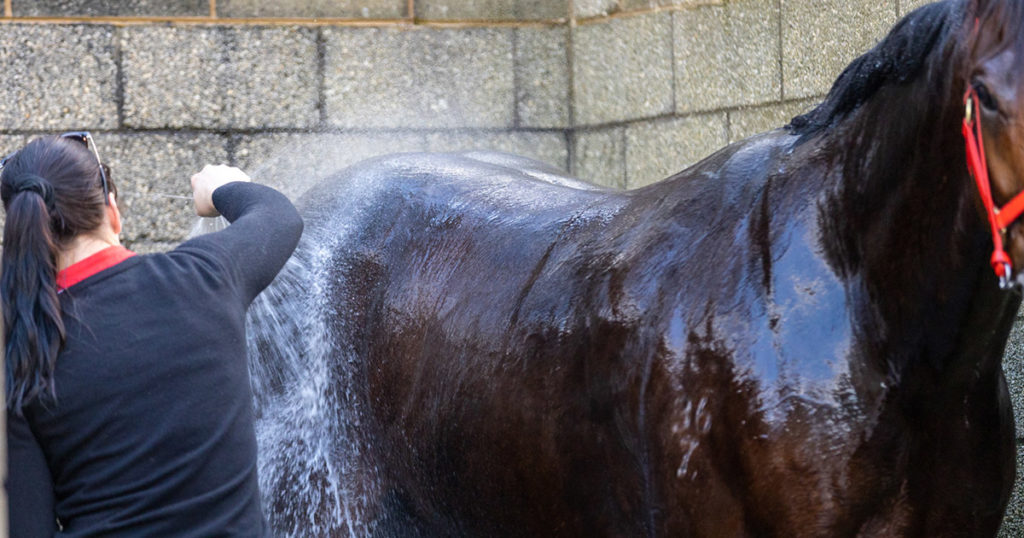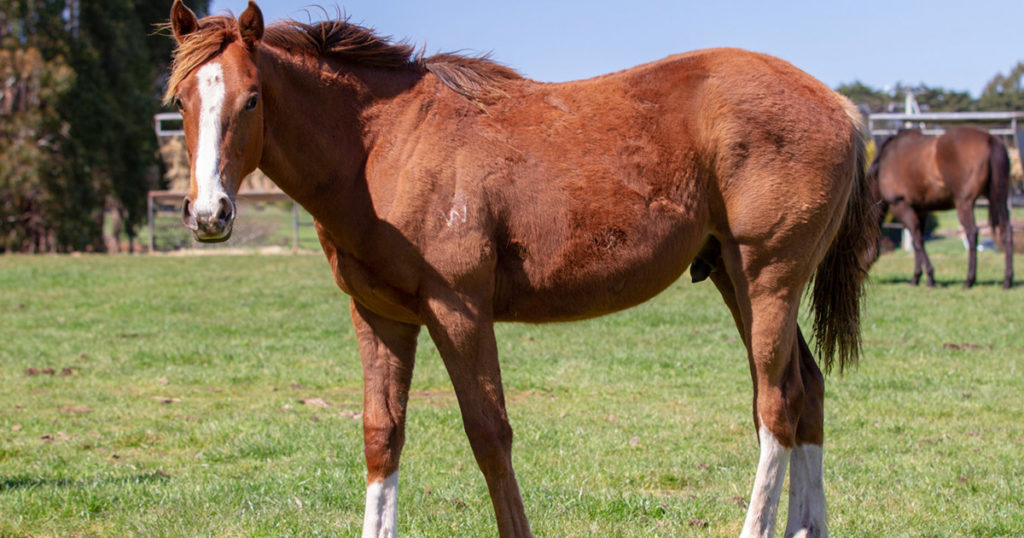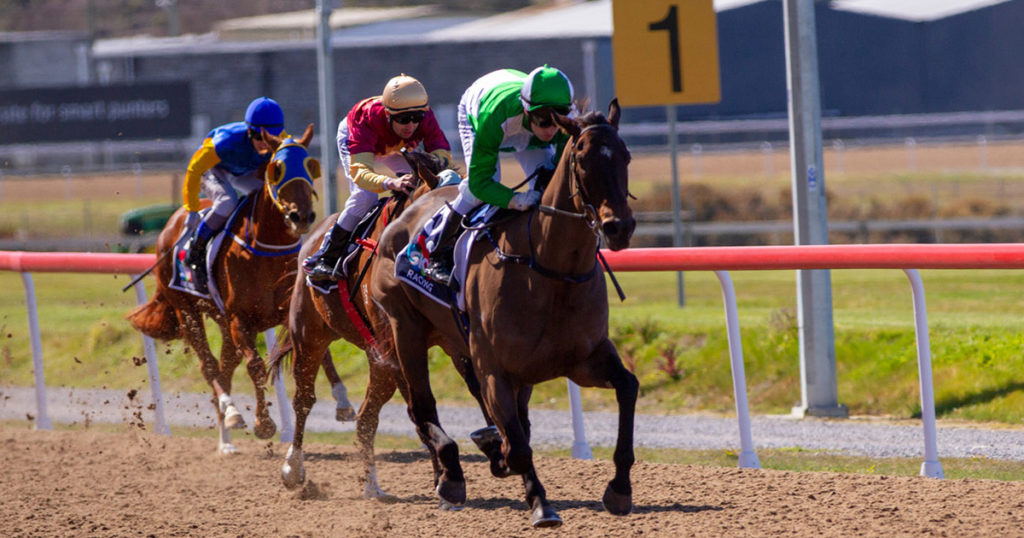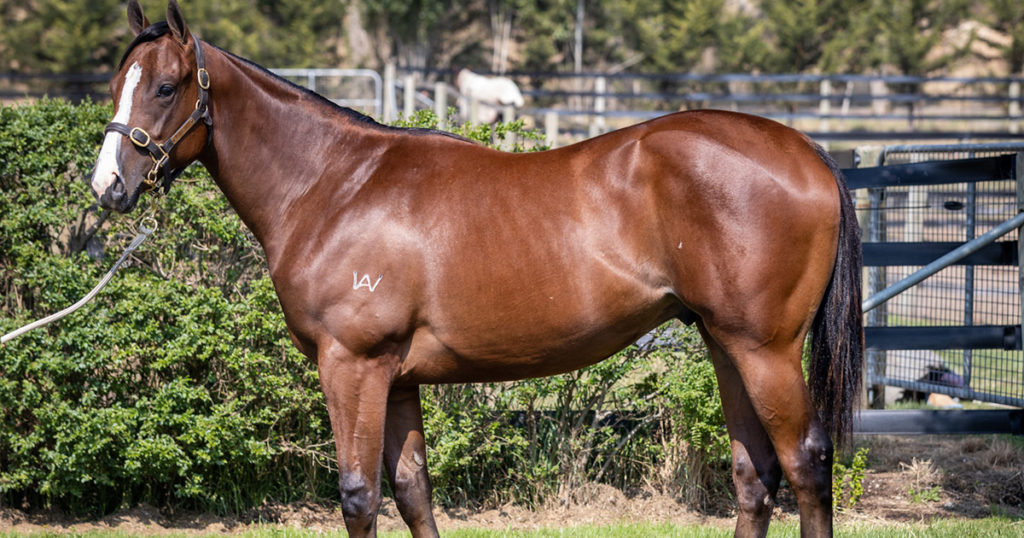Hot, humid weather brings with it some important health considerations in relation to our horses. Heat stress is one of the most commonly recognised conditions associated with heat and humidity. Heat and humidity can also play a part in some cases of colic, respiratory challenges, exertional rhabdomyolysis (tying up), poor performance and weight loss as outlined in this article.
Heat stress occurs when a horse’s thermoregulatory system cannot adequately dissipate heat. It is most common when exercising in hot, humid conditions, as exercise results in the generation of heat. Heat dissipation relies on evaporation of sweat: sweat cools the skin down and the blood flowing through it by evaporation. In hot, dry air, sweat evaporates very quickly but as the humidity increases, the speed at which sweat evaporates becomes less effective. Overweight and/or unfit horses are less effective at dissipating heat, increasing their risk of heat stress.
As a horse’s sweat levels increase, so does their loss of essential electrolytes. Horses are able to sweat faster than any other animal (thereby helping to cool themselves). Additionally, the electrolyte content of horse sweat is highly concentrated. The most significant electrolyte lost in sweat is salt. Salt must be supplemented in the horse’s diet to meet their daily sodium requirements- this is true even when horses sweat minimally. Processed horse feeds do not contain sufficient salt for basic daily requirements. Grass, hay and other feeds also do not help to meet our horse’s salt requirements. If electrolytes aren’t adequately replaced in the diet, insufficiencies/deficiencies and imbalances in electrolytes can occur in our horses (horses cannot make their own electrolytes). These imbalances and deficiencies in turn increase the likelihood and/or severity of poor performance. They may also be implicated in exertional rhabdomyolysis (tying up) and synchronous diaphragmatic flutter (thumps).
Dehydration is a risk factor in many horses. As they can sweat at such high rates, fluid losses are accentuated. Dehydration can increase the risk of several health conditions, one of the most common being colic. Dehydration can slow the passage of food material in the gastrointestinal (GI) system and make faeces much drier and firmer- resulting in impaction colic.
Respiratory health complications can also arise from dehydration. Respiratory tract irritation, inflammation and infection may all be consequences of dehydration. In a dehydrated horse, the mucus in the airways of the lungs increases in viscosity (thickness) and moves slower- resulting in accumulation of matter in the lungs.
Hot and/or humid weather can cause horse feed to go off much quicker than usual and can change the nutritional content of processed feeds. High fat feeds and oils will quickly go rancid in hot weather (it is important to note that this can occur without the feed or oil smelling ‘off’). This can lead to a horse consuming less feed than normal. Dehydration can also result in reduced appetite.
Some minerals and vitamins in different feeds also deteriorate in quality with heat, further compounding health issues. Reduced feed intake and/or changes in metabolic rate associated with hot and humid environmental conditions, can lead to weight loss in the horse.
Signs and symptoms to look out for that may be indicative of detrimental effects of heat and/or humidity in the horse include:
- Increased rectal temperature
- Poor performance
- Poor recovery post exercise
- Panting (fast, shallow breathing)
- Blowing excessively for a prolonged period of time after exercise
- Lethargy (often accompanied by the appearance of being unsteady on their feet)
- Muscle spasms
- Feeling very hot to touch
- Dark and/or reduced urine
- Nostril flaring
- Decreased appetite and/or thirst
- Irregular heart beat
- Thumps (synchronous diaphragmatic flutter)
- Dark mucous membranes
- Very prominent blood vessels on the skin
Helping to prevent heat stress and/or the consequences of high temperature and humidity takes a multi-faceted approach. Heat acclimatisation (when important competitions/events take place in the heat) is an important consideration. Horses, like humans, can become acclimated to heat. This generally takes 2-3 weeks, and requires them to be sensibly exercised in the heat and/or humidity on a daily basis. It is important to take into account that even fit, well acclimated horses may experience reduced performance in hot and/or humid weather conditions. Quite contrastingly- if you enjoy riding during hot weather (but are not competing in events that take place in the heat) then exercising your horse in the coolest parts of the day is an effective strategy.
Post exercise, adequately cooling down and hosing off your horse is important. In cases where a horse is extremely hot, hosing for 10-15 minutes with cold water may be necessary. Its best not to scrape the water off your horse in this case: water which sits on the skin will evaporate and help to contribute to the cooling process.
Ensure clean drinking water is always provided to your horse and don’t withhold water before or after exercise. Offering water immediately after exercising is recommended, as this is the time when a horse’s thirst is strongest. Try to avoid ice cold water, but don’t restrict intake. Giving water to a healthy horse post exercise is not associated with causing colic. With increased sweating rates, horses have increased fluid requirements- so expect and allow them to drink more.
The daily provision of adequate salt and the appropriate use of electrolytes are important to help maintain normal physiological processes in the body.
Exercising horses in hot and/or humid weather can pose some challenges, but sensible management and riding practices can help to minimise these. Keeping our horses properly hydrated, cooling them effectively post exercise, and ensuring we meet their dietary requirements are important factors in keeping them healthy in hot, humid weather.
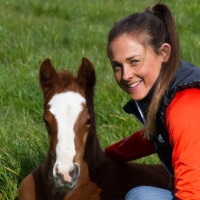
Camilla Whishaw is a highly regarded, experienced horsewoman and naturopath, helping to holistically treat and manage a broad range of equine health conditions and injuries, with a passion for mare and stallion fertility.
As a world-renowned practitioner, presenter, author, and consultant in the field of Equine Naturopathy, Camilla shares her knowledge through keynote presentations, interviews, lectures, panel sessions, and workshop training.

